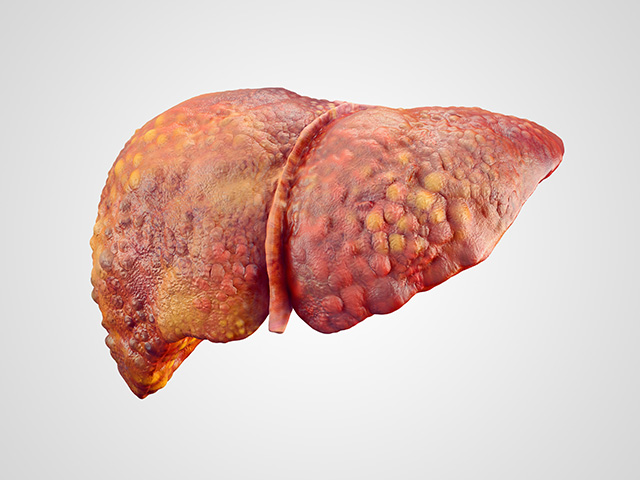
A groundbreaking literature review by William Parker, Ph.D., has raised significant concerns about the safety of acetaminophen — commonly known as Tylenol — when administered to children. Published in Clinical and Experimental Pediatrics, the study reveals troubling associations between basic pediatric doses of the drug and severe, potentially permanent impairments in cognition and socialization in children. These cognitive impairments may lead to various levels of autism.
Acetaminophen, the gateway to autism
Acetaminophen, widely used for fever reduction, mild to moderate pain relief, and adverse events from vaccination, has long been associated with liver toxicity. Additionally, the scientific literature also provides evidence that the drug disrupts the nervous system of children in a way that can forever change how they communicate and process the world around them.
Dr. Parker, the CEO of the nonprofit research firm WPLab, highlighted a critical oversight in previous studies on this issue. These studies focused primarily on acetaminophen use during pregnancy, while neglecting postnatal exposure — an area where he suspects the greatest risk lies.
"Less than 20% of autism spectrum disorder (ASD) cases can be attributed to maternal acetaminophen use during pregnancy. The majority of risks occur after birth," Parker explained in an interview with the Defender.
Parker’s extensive review examines 20 lines of evidence, including animal studies and epidemiological data, specifically looking at connections between acetaminophen exposure and the rise of ASD and attention-deficit/hyperactivity disorder (ADHD). Among the main findings:
- Direct-to-consumer advertising shift: One review identified two critical milestones in the increasing prevalence of ASD: the national campaign to replace aspirin with acetaminophen beginning in the early 1980s, and a surge in direct-to-consumer pharmaceutical advertising, which exploded in the 1990s.
- Animal Studies: Research indicated that early-life exposure to acetaminophen at dosages similar to those recommended for children can lead to long-term brain damage and behavioral changes.
- Sex-Specific Effects: Male rats were more likely to experience acetaminophen's neurotoxic effects, paralleling higher ASD prevalence in human males.
- Neurotoxicity Threshold: Acetaminophen causes brain cell death at doses lower than those required for liver toxicity.
- Case-Controlled Studies: Small studies suggest a dramatic increase in ASD risk with early acetaminophen use.
- South Korea Findings: Unexpectedly high ASD rates are associated with pediatric acetaminophen products containing excessive dosages.
- Danish Cohort Study: Data from 61,430 infants shows a 66% increased ASD risk linked to acetaminophen exposure postnatally.
- Preceding Studies Ignored: Prior reports linking severe ASD cases with acetaminophen processing were overlooked by researchers.
- Vaccine Reaction Studies: There is an association between acetaminophen given to manage vaccine side effects and increased ASD risk. Vaccine damage, particularly from aluminum, could also be exacerbating neurological damage/autism.
- Circumcision Studies: There is an association between using acetaminophen to treat pain after circumcision with later autism diagnoses.
- Toxicity Enhancers: Genetics and oxidative stress factors were shown to elevate acetaminophen’s neurotoxic effects in vulnerable children.
- Veterinary Comparisons: Recognition that acetaminophen is highly toxic to cats, paralleling the overlooked dangers in infants.
- Feeding Challenges: Fasting or illness in infants may exacerbate acetaminophen toxicity due to poor metabolism.
- Temporary Effects in Adults: Similar cognitive and social symptoms are observed in adults after acetaminophen consumption.
- Inconsistent Investigations: Some studies focused on prenatal exposure to acetaminophen rather than postnatal impacts. The postnatal impacts appear to be worse.
Acetaminophen, found in over 600 prescription and over-the-counter drugs, is widely used in pediatric care, without a proper understanding of its risks. Medical professionals and parents are ignoring the long-term neurological risks by using this drug frivolously at every sign of fever.
"Health professionals often find it hard to accept that one of the most commonly used drugs could be contributing to a complex behavioral issue like ASD," Parker stated. "However, the evidence warrants a serious reevaluation of how we approach acetaminophen use in young children."
Sources include:
ECEP.org [PDF]
Please contact us for more information.


















